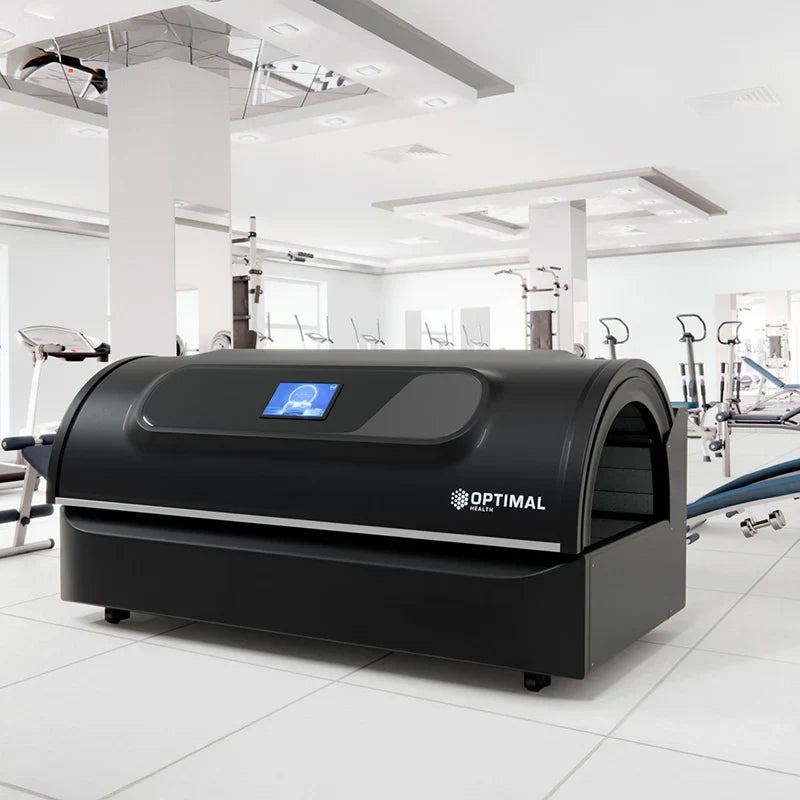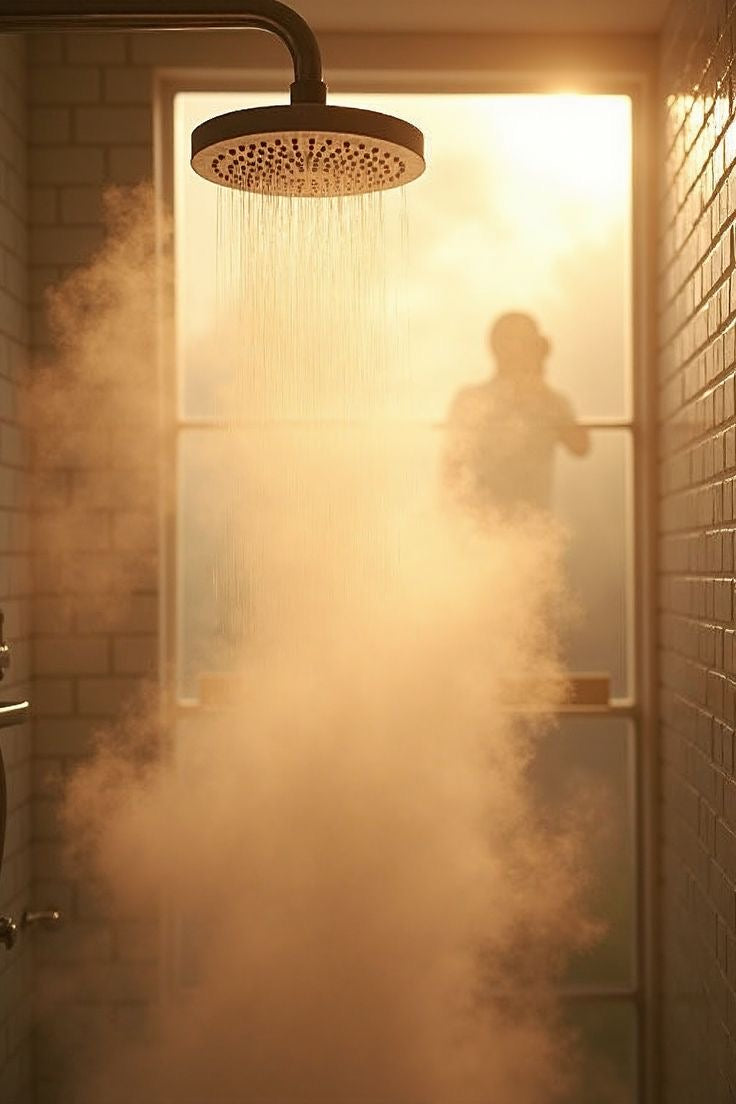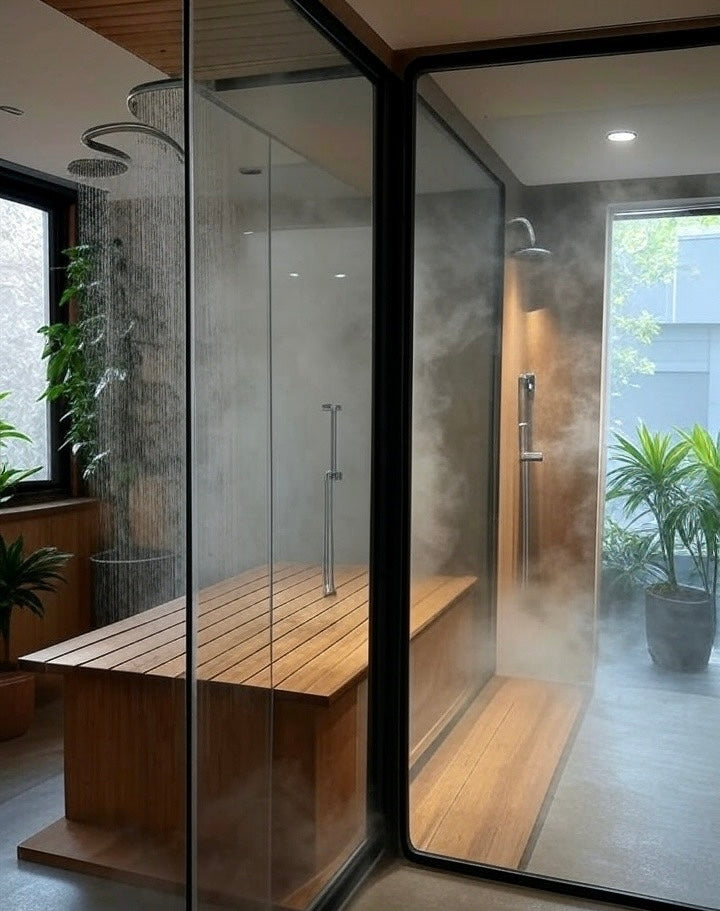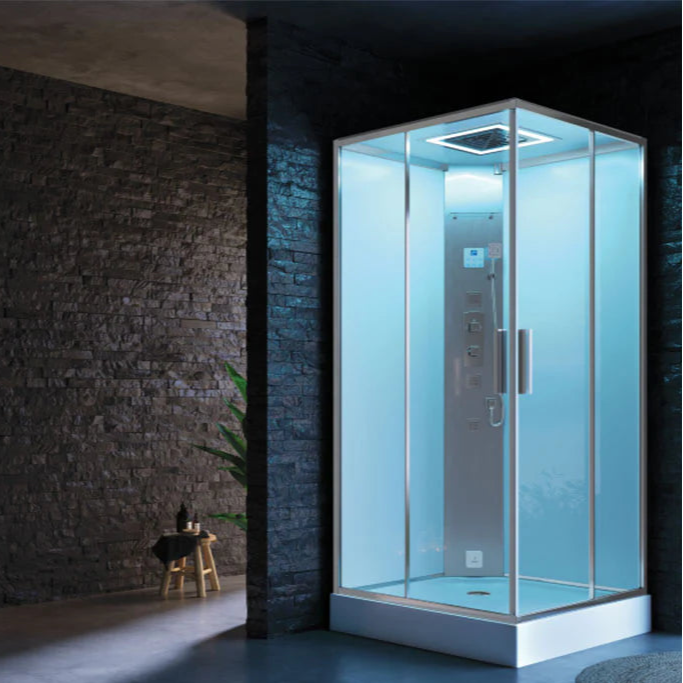Wondering if your Red Light Therapy at Home gadget actually does what it says? Short answer: Only certain Red Light Therapy Panels and Red Light Therapy Beds are FDA cleared — not all are created equal. Stick around to find out which ones are legit and how to spot a certified glow-up!

Understanding FDA Approval vs. FDA Clearance for Red Light Therapy Devices
What is FDA Approval?
FDA approval means the device has undergone strict clinical trials and has been found safe and effective for its specific intended use.
It’s a higher regulatory standard.
This level of approval is generally reserved for devices that treat more serious or complex medical conditions.
Most red light therapy devices on the market are not FDA approved in this strict sense.
What is FDA Clearance?
FDA clearance, on the other hand, is more common.
It’s granted via the 510(k) process when a manufacturer proves that the device is substantially equivalent to an already legally marketed one.
It still involves review, but the focus is on similarity and safety rather than new clinical evidence.
This is how most at-home and wellness-based red light devices enter the market.
Why is FDA Status Important for Red Light Therapy Devices?
Having FDA clearance indicates that a device meets specific safety, performance, and labelling standards.
It separates credible medical-grade tools from unregulated knock-offs.
It also provides confidence to users that the device is safe for its intended function.
This status is particularly important for those using red light therapy to treat specific conditions at home.
Key Conditions and Uses for FDA‑Cleared Red Light Therapy
FDA‑Cleared for Anti‑Ageing and Skin Rejuvenation
Reducing Fine Lines and Wrinkles
Some red light therapy devices have been cleared specifically to help reduce fine lines, particularly on the face and neck.
They work by stimulating deeper layers of skin using visible red and near-infrared wavelengths.
Improving Skin Tone and Texture
FDA-cleared devices in this category are known to help smooth skin and reduce uneven pigmentation.
They can leave skin looking more radiant and balanced.
Boosting Collagen Production
Certain devices have shown the ability to stimulate collagen production, leading to firmer, more youthful skin.
This effect typically results from exposure to 630–670 nm wavelengths.
FDA‑Cleared for Acne Treatment
Targeting Mild to Moderate Acne
Red light therapy panels and masks have been cleared for managing mild to moderate acne.
They help calm inflamed areas without the use of harsh topical treatments.
Reducing Inflammation and Breakouts
The anti-inflammatory nature of red and blue light helps control sebum production and reduce breakouts over time.
Regular use may lead to fewer flare-ups and improved skin clarity.
FDA‑Cleared for Pain Relief and Inflammation
Muscle and Joint Pain
Some full-body red light therapy beds and panels are cleared for relieving temporary pain in muscles and joints.
This includes general aches or soreness following exercise or injury.
Arthritis and Other Musculoskeletal Conditions
Certain cleared devices may help reduce stiffness and inflammation linked to arthritis and other long-term joint issues.
They’re commonly used in sports medicine and physiotherapy clinics.
FDA‑Cleared for Hair Growth
Treating Androgenetic Alopecia (Pattern Hair Loss)
Caps and helmet-style red light devices have received clearance for increasing hair density in men and women experiencing pattern hair loss.
They work by stimulating hair follicles and encouraging regrowth over time.
Other Potential Uses (Under Research/Not Broadly FDA‑Approved)

Wound Healing
Preliminary studies suggest red light therapy may speed up tissue repair and reduce healing time for certain wounds.
However, most devices are not yet cleared for this purpose.
Neuropathy and Nerve Regeneration
Early trials show some promise for red light therapy in nerve regeneration, particularly for diabetic neuropathy.
But more conclusive evidence is needed before broad FDA clearance is granted.
Body Contouring and Fat Reduction (specific devices only)
A small number of laser-based red light devices have received FDA clearance for inch loss or fat reduction.
These tend to be high-end clinical tools rather than at-home devices.
Types of FDA‑Cleared Red Light Therapy Devices
Face Masks and Handheld Devices
Face masks are popular for skin rejuvenation and acne.
Handheld devices may target small areas and are ideal for facial treatments or spot pain relief.
Panels and Full‑Body Systems
Large panels and full-body beds may be cleared for pain relief, inflammation reduction, and general wellness.
They allow broader coverage and are often used in clinics or advanced home setups.
Caps and Helmets (for Hair Growth)
These devices are specially shaped to deliver consistent light to the scalp.
Many are cleared for treating androgenetic alopecia with safe, regular use at home.
Considerations When Choosing a Device
Wavelengths (e.g., 633 nm red, 830 nm near‑infrared)
Look for devices offering therapeutic wavelengths.
Red light typically ranges from 620–660 nm, while near-infrared sits around 800–850 nm.
Each serves different functions, so it depends on your goal—skin, pain, or hair.
Irradiance/Power Output
Higher irradiance levels often produce better results in less time.
However, too much power may lead to overheating or discomfort, so balance is key.
Specific Use Case
Make sure the device is cleared for your intended use—don’t expect a facial wand to relieve knee arthritis.
Read the product’s label and clearance documentation.
Manufacturer Reputation and Clinical Studies
Always choose devices from trusted manufacturers.
Bonus points if they’re supported by clinical trials or recommended by health professionals.
Takeaways
-
FDA approval is rare in red light therapy; FDA clearance is more common and still meaningful.
-
Devices are cleared for uses like anti-ageing, acne, pain relief, and hair regrowth.
-
Understand the wavelength, irradiance, and intended use before purchasing.
-
For Red Light Therapy at Home, opt for well-reviewed devices with clear documentation.
-
Avoid unregulated gadgets and focus on those that meet FDA safety standards.
Conclusion
Not all red light devices are created equal.
If you're investing in Red Light Therapy at Home, check whether the panels, masks, or beds you’re using are FDA cleared—especially for your specific concern.
Choosing the right device, with the right certification, ensures both safety and visible results.
Glow smart, not just bright.






